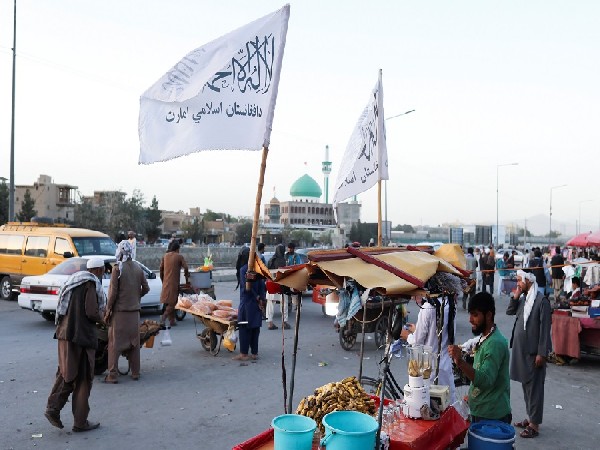
Kabul: The International Federation of Red Cross and Red Crescent Societies (IFRC) has called for increased global support to stem spiralling hunger in Afghanistan as one of the world's worst humanitarian crises threatens millions.
Intense summer heat and a weak spring rainy season have effectively spelt doom for a meaningful harvest in the country, the IFRC said in a statement. Amidst mounting poverty, 70 per cent of households are unable to meet basic food and non-food needs, with particularly devastating effects for homes headed by widows, the elderly, people with disabilities, and children. An estimated 3 million children are at risk of malnutrition and susceptible to diseases such as acute watery diarrhoea and measles due to weakened immunity.
According to the IFRC, thousands of people have resorted to begging in the streets, with prices of essential items soaring in the face of declining remittances, a crumbling economy and rising poverty.
Dr Mohammad Nabi Burhan, Secretary-General of Afghan Red Crescent, said: "This is one of the worst humanitarian crises I have seen in Afghanistan, in more than 30 years as a humanitarian aid worker. It is horrifying to see the extent of hunger and resurgence of poverty that we have fought so hard to eradicate."
"It is particularly worrying for Afghans in rural and remote areas, where some of the country's poorest communities face widespread destitution and very high levels of malnutrition after their crops failed or livestock perished," Burhan added.
In a statement on Friday, the Afghan Red Crescent said it is ramping up its response operation using available funds, giving immediate priority to food and cash distributions as well as providing health services via more than 140 health facilities across Afghanistan. However, the latest reports show much more assistance will be needed.
Necephor Mghendi, IFRC's Head of Delegation for Afghanistan, said: "The increasing economic hardship is a bitter blow for families in Afghanistan who are trying to cope with one of the worst droughts and food crises they have ever faced, leaving children malnourished and far more vulnerable to preventable disease."
"As well as providing critical relief to people struggling in the face of severe drought and hunger, livelihood interventions should be supported to enable people to restore means of earning an income," Mghendi added.